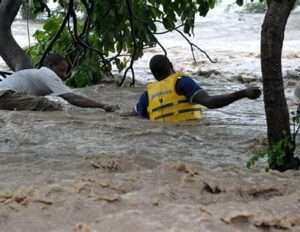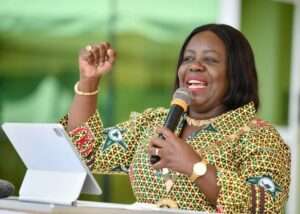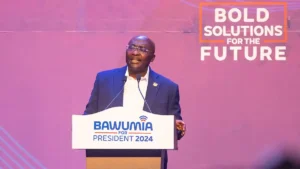African leaders seek global taxes for climate change at Nairobi summit.
The adoption – announced on Wednesday by the summit’s convener, Kenyan President William Ruto – proposes new global taxes and reforms to international financial institutions to help fund climate change action in a declaration that will form the basis of their negotiating position at November’s COP28 summit.
Read more..
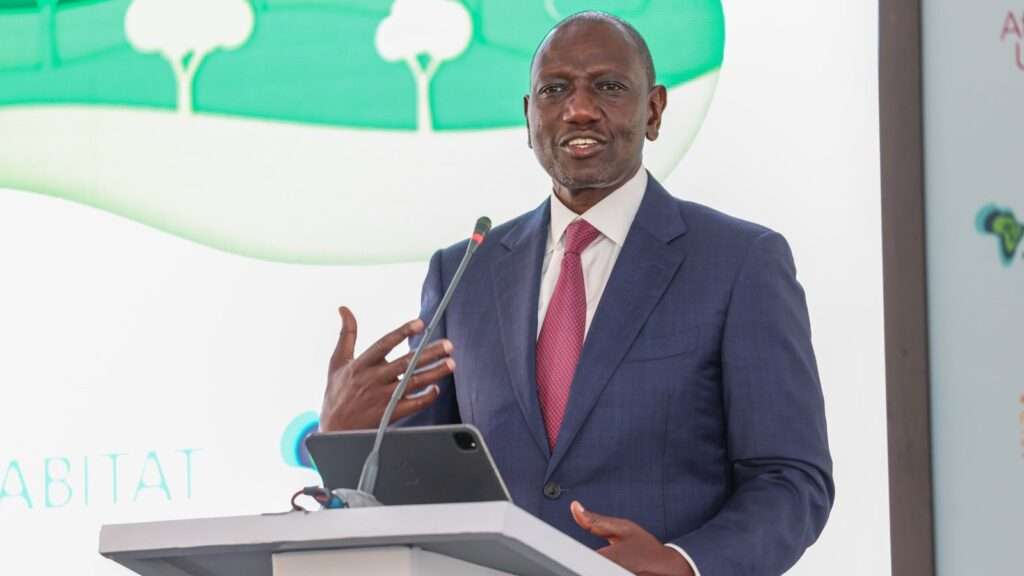
The Nairobi Declaration represents a united front for Africa before negotiations for more funding at COP28.
African political and business leaders have adopted a declaration to address climate challenges in Africa on the final day of a major climate summit in Kenya’s capital, Nairobi
The adoption – announced on Wednesday by the summit’s convener, Kenyan President William Ruto – proposes new global taxes and reforms to international financial institutions to help fund climate change action in a declaration that will form the basis of their negotiating position at November’s COP28 summit.
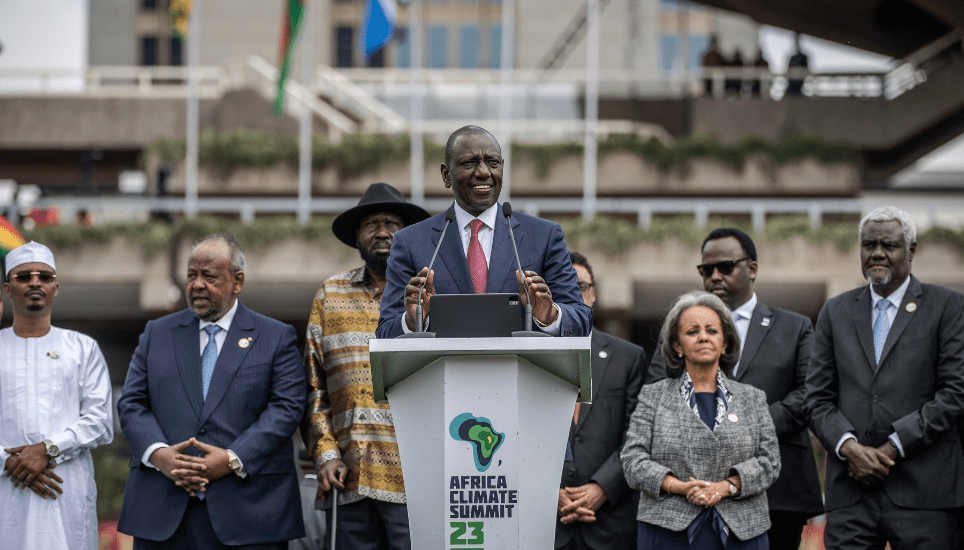
The Nairobi Declaration capped the three-day Africa Climate Summit which was dominated by discussions of how to mobilise financing to adapt to increasingly extreme weather, conserve natural resources and develop renewable energy.
Ruto has been spearheading a new narrative, focusing on Africa’s switch to clean energy even as the continent reels from climate-related disasters.
“In Africa, we can be a green industrial hub that helps other regions achieve their net zero strategies by 2050,” he said at the summit. “Unlocking the renewable energy resources that we have in our continent is not only good for Africa, it is good for the rest of the world.”
Funding for climate action
Advocates have long called for rich carbon polluters to honour long-standing climate pledges for poorer and more vulnerable nations.
According to the United Nations, the continent contributes only about 2-3 percent of global emissions but suffers the most from the changing climate. Extreme weather events like drought – in the Horn of Africa – and flood – in parts of Central and West Africa – have become more frequent in recent years.
“Renewable energy could be the African miracle but we must make it happen. We must all work together for Africa to become a renewable energy superpower,” UN Secretary-General Antonio Guterres said on Tuesday at the summit.
He also urged leaders at the G20 – the 20 advanced economies meeting in Delhi, India this week – to commit to reaching net zero before 2040.
Ruto says Africa is well placed to take advantage of the need to move away from carbon-spewing fossil fuels, boasting a young population, vast renewable potential and natural resources.
This includes some 40 percent of global reserves of cobalt, manganese and platinum crucial for batteries and hydrogen fuel cells.
Efforts at the summit to up investment in renewables were given a boost as the Africa Development Bank (AfDB) announced $23bn in financing “for green growth, mitigation and adaptation efforts” to the Africa Climate Fund for the next 27 years. The UAE also pledged $4.5bn, while Germany committed $482.31m to help with the development of green energy infrastructure.
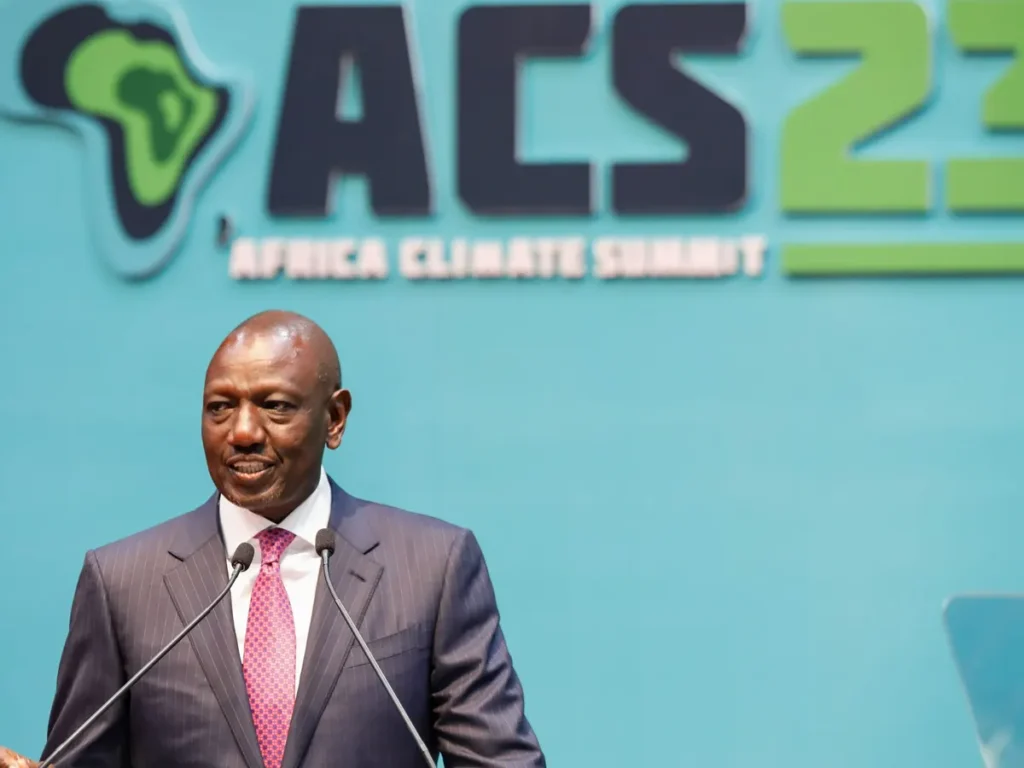
But there are daunting challenges for a continent where hundreds of millions lack access to electricity.
The International Energy Agency (IEA) says Africa hosts 60 percent of the world’s best solar resources, but only three percent of energy investments.
In a report published on Wednesday, the IEA and the AfDB urged donors and development finance institutions to scale up concessional funding to encourage private sector investment in Africa’s energy sector.
“Concessional capital of around $28bn per year is needed to mobilise $90bn of private sector investment by 2030 … a more than tenfold increase from today,” the report said.
After the summit
Analysts and activists are split about the effectiveness of the summit and evidence of political willpower to follow through on recommendations.
“I think the political will is there, I think resource constraints are real,” Serah Mekka, Africa executive director at ONE Campaign, told Al Jazeera. “I think the impact of climate change is very real for Africa … so there is the urgency of the situation, I think where there is a will, there is a way.”
Kevin Juma, of The Nature Conservancy, called for immediate action.
“Even before today, there were announcements made on delivering climate finance to the Global South to a tune of $100bn per year – that was 14 years ago,” he told Al Jazeera on Wednesday. “So I think what needs to be done is to translating those commitments and announcements to tangible actions on the ground.”
Another environmental activist told summit participants on the event’s final day that carbon markets are “bogus solutions”.
“We reject forced solutions on our land,” said Priscilla Achakpa, founder of the Nigeria-based Women Environmental Programme. She urged the so-called “Global North” to “remove yourself from the perspective of the colonial past”.
Carbon markets, in which polluters effectively offset emissions by investing in tree planting or conservation initiatives, are cheaper to purchase in Africa than in many other parts of the world where schemes are more strictly regulated. African nations seek a better price to help achieve their own emission-reduction targets.
In Africa’s market, the continent earns less than $10 per tonne of carbon. Other regions can receive over $100 for the same amount. In carbon trading, one credit issued equals one tonne of carbon dioxide or another greenhouse gas equivalent removed from the atmosphere.
The voluntary carbon market, which remains dominant in Africa, has been plagued by integrity and transparency concerns. Environmental groups are concerned it is a free pass to keep polluting.

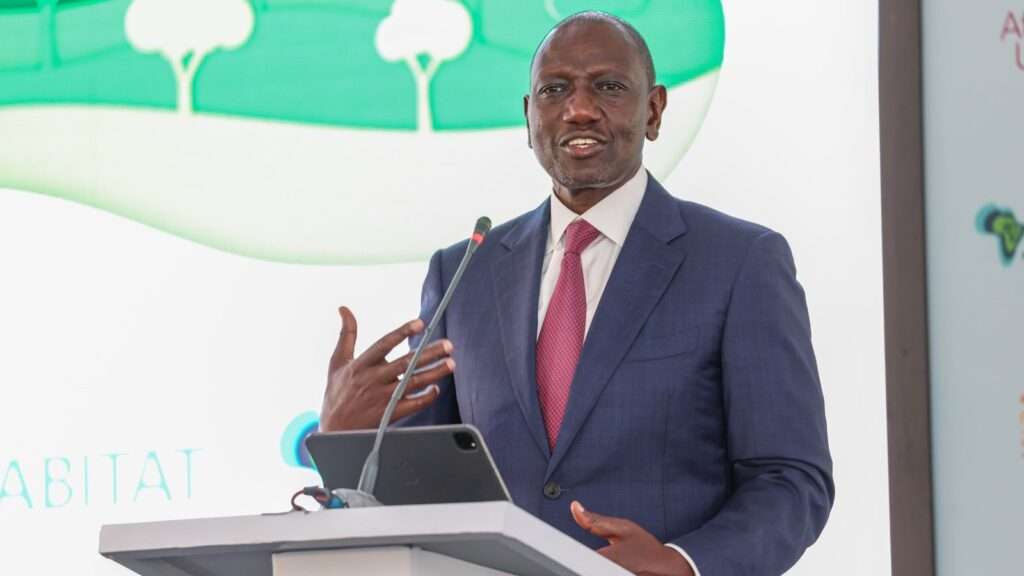
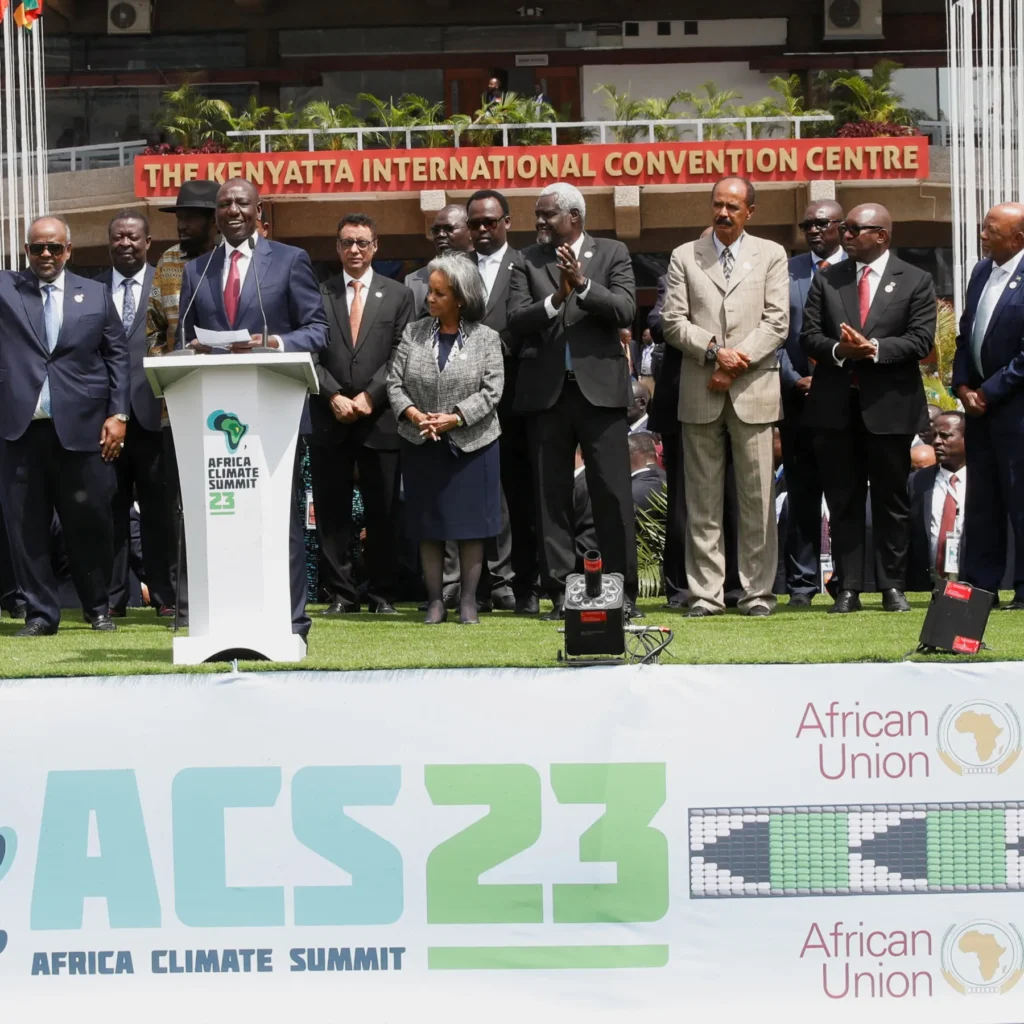
The summit is part of Africa’s preparation for the next United Nations climate change conference, which is scheduled to take place in Dubai in December. It has largely featured leaders in government, business and civil society, many of them veterans of other climate gatherings.
“Heading from event to event doesn’t leave us with a lot of constructive thinking time” to bridge the gaps that still divide communities on the best ways to reduce emissions,” said Simon Stiell, the executive secretary of the United Nations Framework Convention on Climate Change.
SOURCE: AL JAZEERA
Richard Koomson| mediacentralonline.info |Ghana
kindly send us your stories on our WhatsApp line 0500004727



